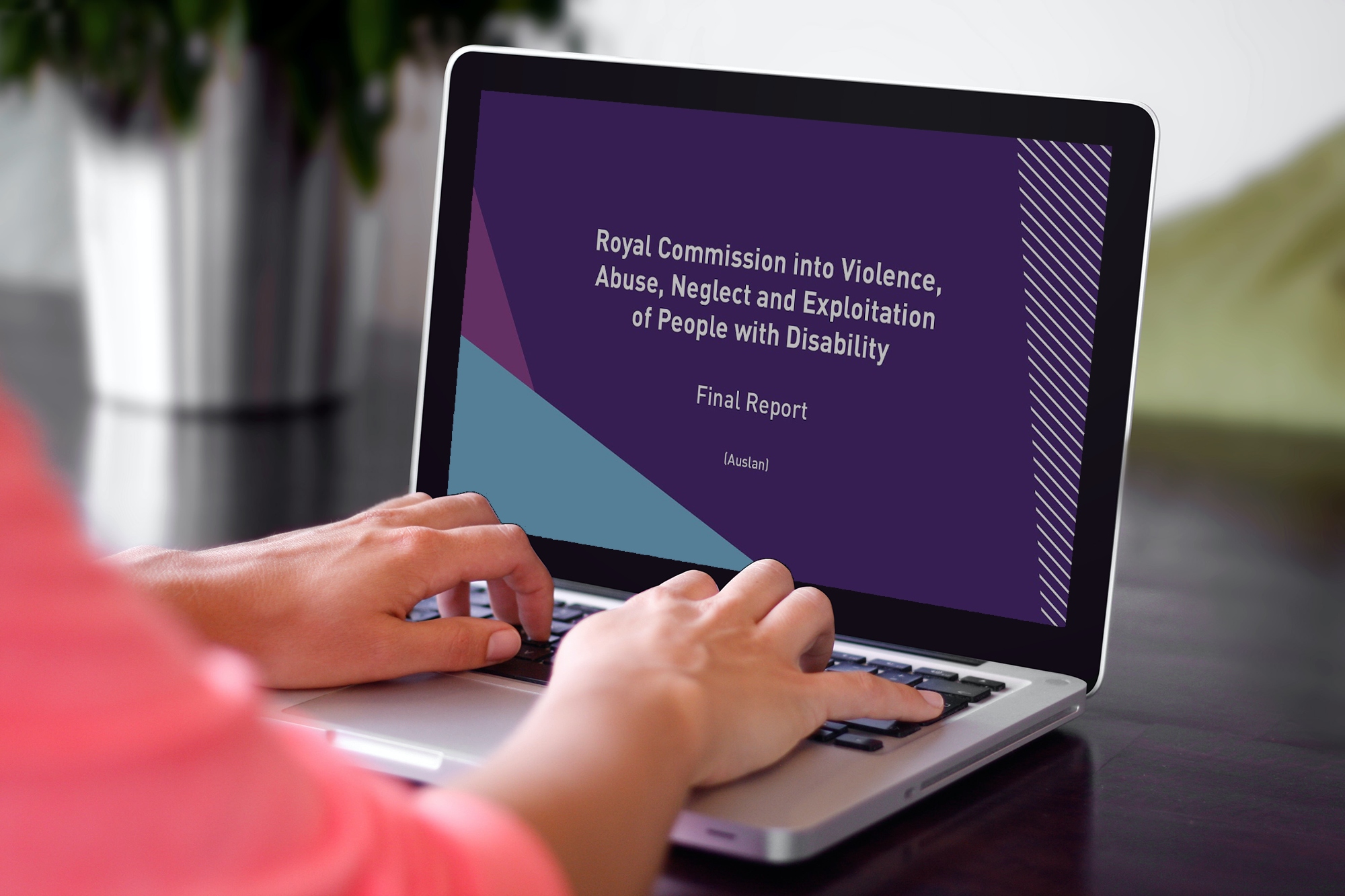Voluntary assisted dying (VAD) is a sensitive and complex topic, and one that is gaining increasing attention in Australia. VAD laws have been passed in all Australian states, and are currently operating in Victoria, Western Australia, Tasmania, Queensland (as of 1 January 2023), and South Australia (as of 31 January 2023). VAD laws will commence in New South Wales on 28 November 2023. The recent repeal of legislation which previously barred the territories from making laws on assisted dying, means that the Northern Territory and the Australian Capital Territory will also be able to legislate on VAD in the future.
When is VAD available?
VAD is available in limited circumstances, and allows eligible individuals with a terminal illness, disease or medical condition to end their lives with the assistance of a health practitioner. This assistance can take the form of self-administration, where the individual takes the medication themselves, or practitioner administration, where the medication is administered by a health practitioner. Importantly, VAD is only available to individuals who have decision-making capacity and who are acting voluntarily without coercion.
Eligibility
The eligibility criteria for VAD vary between states, but generally require that individuals be over 18 years of age, be an Australian citizen or permanent resident, and have been resident in the state for at least 12 months. They must have a terminal illness or medical condition that is expected to cause death within a certain time frame (usually six months), and be experiencing suffering that cannot be relieved in a manner that the individual finds tolerable.
Process
The process for accessing VAD also varies between states, but generally requires the individual to make multiple requests for VAD and undergo assessments by at least two independent medical practitioners. The individual can withdraw their request at any time.
What does VAD mean for providers?
As aged care and health providers, it is important to understand the laws surrounding VAD and to be able to support individuals and their families who may be considering this option. Providing appropriate pain and symptom relief is a crucial part of end-of-life care, and is not considered VAD. It is important to differentiate between providing pain relief and VAD, and to be aware of the legal implications of each.
Voluntary assisted dying is legislated at the state level, so specific rules vary between jurisdictions. With respect to the rights and responsibilities of residential aged facilities, there are some common themes across Australian states.
In all states, health care facilities such as residential aged care facilities can decide whether to provide VAD, and what support they will provide to residents seeking VAD. However, in a number of states such as South Australia, Queensland and New South Wales, even if a facility chooses not to provide VAD, it will still have to meet certain minimum requirements in relation to residents seeking VAD.
These obligations include not hindering access to information about VAD for residents at the facility, and allowing reasonable access to the facility by a medical practitioner who can assist a resident with VAD requests and assessments.
The act of discussing VAD with individuals is also regulated in all states, and providers should be aware of laws which prohibit health workers from volunteering information about VAD before a resident raises the topic unprompted.
SPP Resources
For more information on VAD and the laws surrounding it we have released an Info sheet and Policy Template on VAD, available in SPP’s Reading Room. Aged care facilities may also wish to seek legal advice about how the VAD legislation will affect them.
It is important to stay up-to-date with the latest developments in this area and to provide appropriate support and care to individuals and their families who may be affected by VAD.
Additional resources
For information on the rules on VAD in your state, refer to the following:
Victoria
Western Australia
- WA Department of Health – Voluntary Assisted Dying
- Western Australian Voluntary Assisted Dying Guidelines
Tasmania
- Tas Department of Health – Voluntary Assisted Dying
- Tas Department of Health – Minimum Requirements for health service establishments fact sheet
Queensland
- Queensland Government – Voluntary assisted dying
- Queensland Health – Voluntary assisted dying – Information for health and aged care services
South Australia
- SA Health – Voluntary Assisted Dying in South Australia
- SA Health – Voluntary assisted dying frequently asked questions
New South Wales


